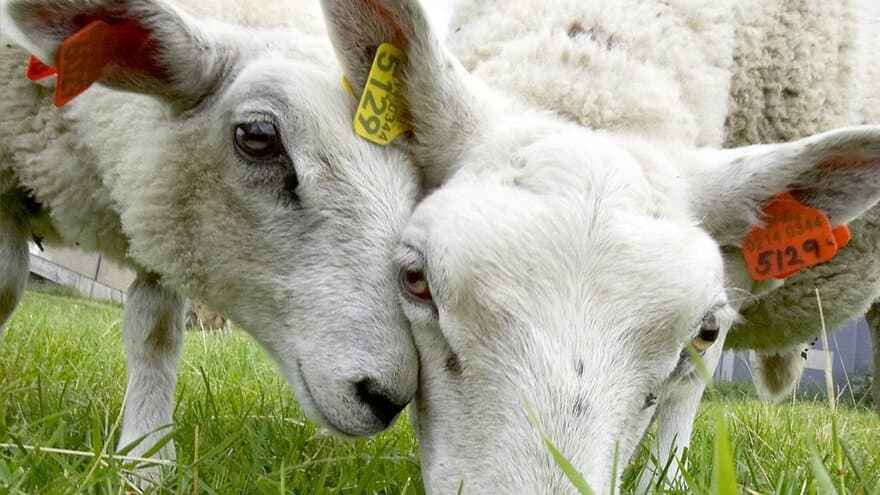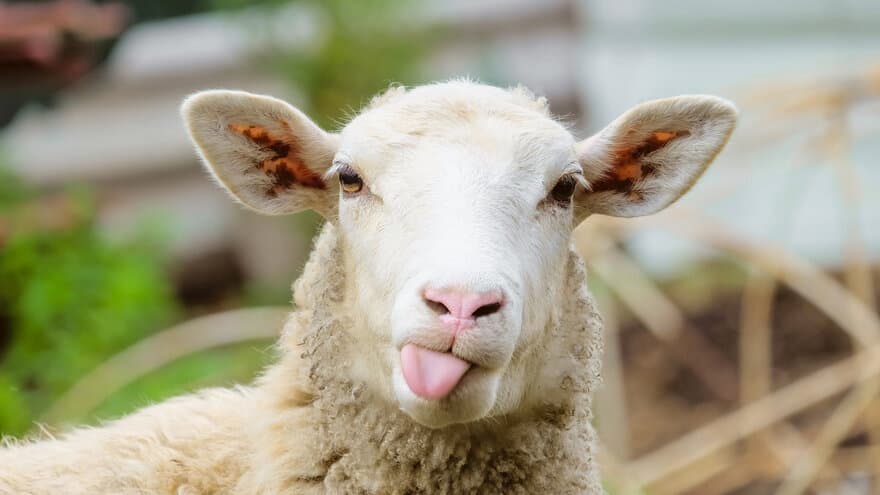Master's degree (2 years)Full timeEuropean Master in Animal Biodiversity and Genomics
NMBU is one of six European university partners in this international master programme.
Application deadline:
January 15th
Start of Studies:
Autumn
Requirements:
A bachelor degree or equivalent in Animal Sciences, Biology or related fields, who like to specialize in the field of Animal Breeding and Genetics.
Requirements in detail
All students start at NMBU the first year. After 1 or 2 semesters they continue to one of the partner universities.
The overall vision of the programme is to deliver graduates who are experts in animal breeding and genetics, with different specialisations depending on their chosen study track. This will make them suitable in areas such as managing breeding programmes in low-income countries, conducting breeding value estimations as required by industry, responding to societal needs to combat climate change, or improving animal welfare through breeding. The ultimate goal is to train a new generation of graduates that is fit to respond to current and future needs of the animal breeding sector in a global context.
For more information see www.emabg.eu
Partner universities:
- Wageningen University (WU) the Netherlands
- University of Natural Resources and Applied Life Sciences (BOKU), Austria
- Swedish University of Agricultural Sciences (SLU), Sweden
- Paris Agro Tech, France
- Georg-August-Universität Göttingen, Germany
- Norwegian University of Life Sciences (NMBU) Norway.
Career opportunities
Highly qualified graduates in the internationally operating area of animal breeding and genetics are needed. The programme is highly relevant for students who wish to work in organizations focused in the field of sustainable animal breeding.
Learning outcomes
Exchange possibilities
Program structure
More about the program

